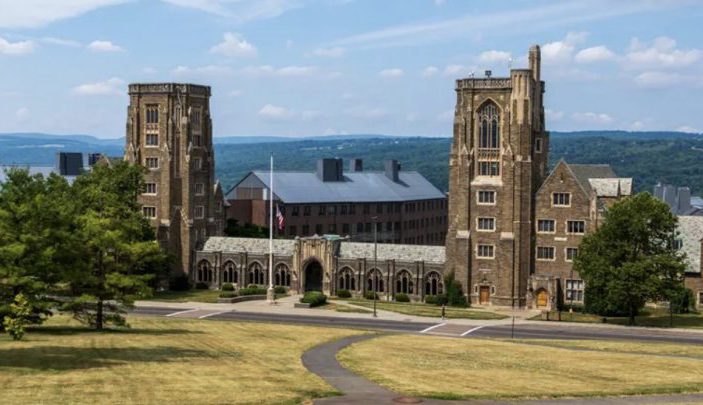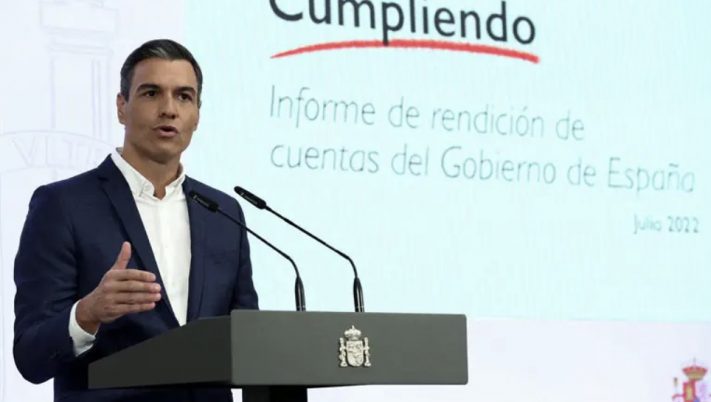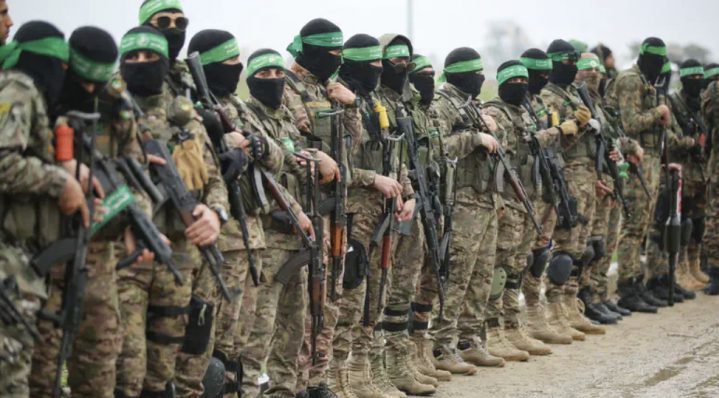Cornell settles with Trump administration to restore $250 million in funding, pledging reforms after antisemitism scandals and federal discrimination investigations.
Cornell University has reached a sweeping agreement with the Trump administration, securing the restoration of over $250 million in federal funding after a months-long suspension triggered by investigations into antisemitism and racial discrimination on campus, The Hill reported Friday.
The landmark deal includes $60 million in penalties and program funding—$30 million as a fine to the federal government and another $30 million allocated toward agricultural and rural development initiatives. The agreement also mandates annual campus climate surveys and specific monitoring of conditions for Jewish students, marking one of the most concrete federal interventions in higher education over antisemitic bias in recent memory.
“Cornell’s partnership with the federal government has long been central to our mission,” said University President Michael I. Kotlikoff, calling the accord a “revival” of that relationship. He emphasized Cornell’s commitment to “academic freedom and institutional autonomy” while promising regular certification of compliance and full transparency through admissions data sharing with the Trump administration until 2028.
Cornell is now the fifth university to strike such a deal, part of a broader campaign by the Trump administration to hold elite institutions accountable for alleged double standards on antisemitism, racial equity, and campus speech.
The university’s reckoning follows a series of disturbing antisemitic episodes that shocked the nation after the October 7 Hamas massacre in Israel. In one high-profile case, Cornell student Patrick Dai threatened to murder Jews on campus and attack the school’s kosher dining hall, prompting mass fear and national outrage. Dai later pleaded guilty and was sentenced to 21 months in prison.
Another scandal erupted when Professor Russell Rickford, a tenured history faculty member, publicly described Hamas’s massacre as “exhilarating” and “energizing.” The comments provoked widespread condemnation; Rickford briefly went on “voluntary leave” but later returned to teaching, igniting protests and renewed calls for accountability.
The situation worsened weeks ago when Cornell’s student newspaper, The Daily Sun, published — and later deleted — a grotesque illustration showing Nazi SS bolts inside a bloody Star of David behind a keffiyeh-clad figure. The image was condemned as antisemitic hate imagery masquerading as “political expression.”
With this agreement, Cornell is effectively on probation under federal oversight, compelled to prove it can ensure equal protection and safety for Jewish students — something critics say elite universities have failed to guarantee for decades.
In the words of one senior Trump administration official:
“Universities can no longer hide behind academic freedom while tolerating open antisemitism. Federal funds come with responsibility.”
For Jewish students nationwide, Cornell’s case signals a turning point — where government scrutiny may finally force higher education to confront the hate festering within its own walls.





